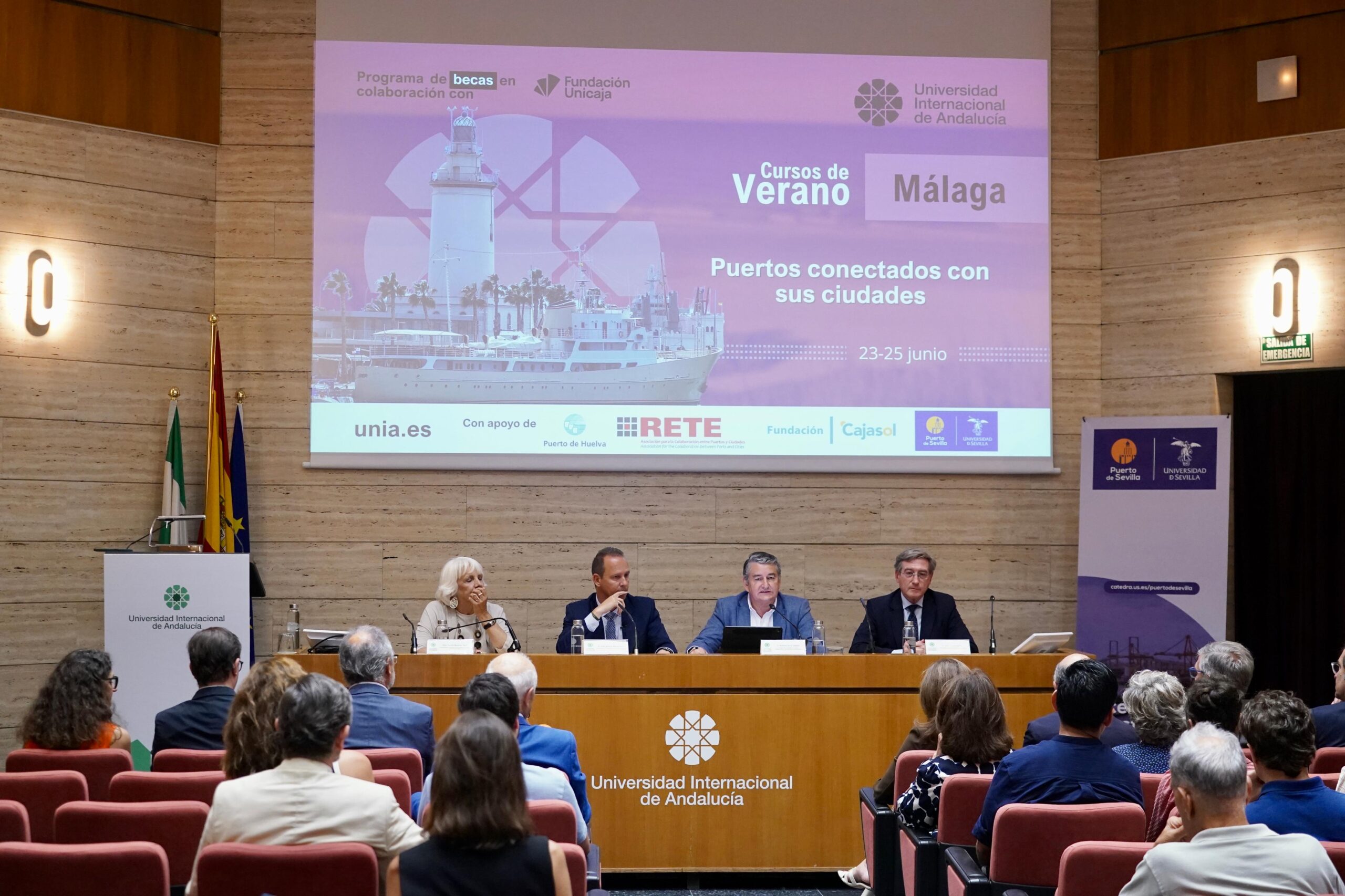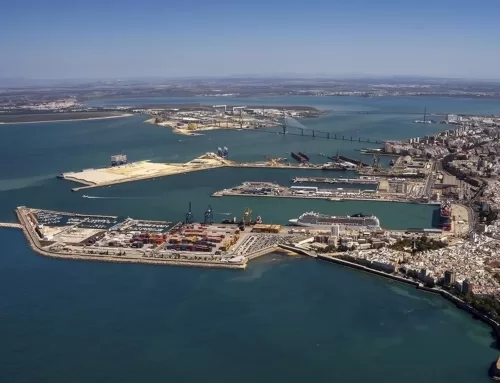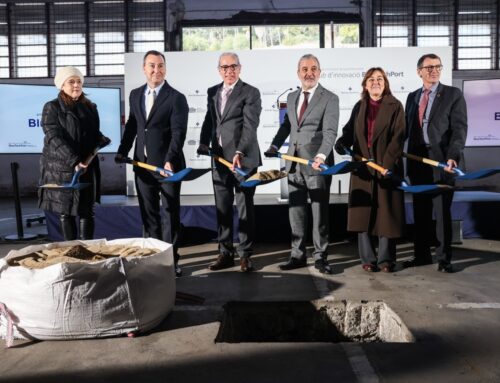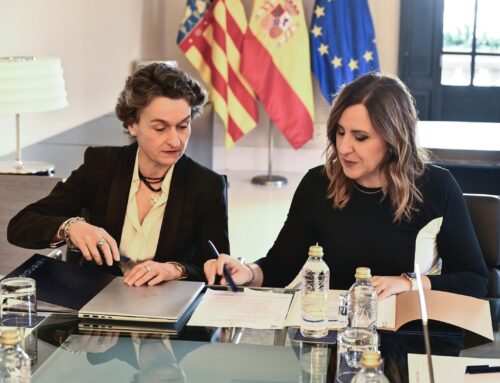The technological campus of the International University of Andalusia (UNIA) in Málaga becomes this week a meeting point to debate the future of ports as spaces fully connected with their cities. Under the title “Ports Connected with Their Cities,” the summer course promoted by the international network RETE and the Seville Port–University of Seville Chair brings together port authorities, innovation specialists and cultural managers to explore models of urban transformation from the port sphere.
The opening ceremony was presided over by Antonio Sanz, Regional Minister of the Presidency, Interior, Social Dialogue and Administrative Simplification of the Andalusian Government, who emphasised UNIA’s complementary vocation within the Andalusian university system, “committing to professional specialisation and applied knowledge in strategic sectors, such as—in this case—the logistics and port sector.” During his speech, Sanz also highlighted the growing role of digitalisation in Andalusian ports, with initiatives linked to the Internet of Things, digital twins, artificial intelligence and the use of 5G technologies, in collaboration with the Andalusian Digital Agency.
For his part, Rafael Carmona, President of the Port of Seville and Vice-President of RETE—co-director of the course alongside José Luis Galán, Professor of Business Organization at the University of Seville—expressed his desire to establish this event as a staple of the UNIA’s summer calendar: “We want this training space to become a tradition, because ports can no longer be viewed solely through logistics: they are also about culture, sustainability, sport and citizenship.” Carmona structured the course content into three major blocks: technological innovation as a driver of integration; the cultural and social dimension of the port environment; and citizens’ uses of the waterfront, with special attention to the phenomenon of cruise tourism.
José Ignacio García, Rector of UNIA, welcomed the launch of the summer programme with a reflection on the role of the university as a platform connecting disciplines, sectors and institutions. “This course perfectly exemplifies the model we defend: an open university, connected to social interests and capable of posing new questions through cooperation,” he remarked.
A Tour of the Course Programme
Monday, 23 June
The first day opened with a two-speaker keynote by Rafael Carmona and Pedro Pablo Hernández, President of the Port of Cartagena, on how innovation can catalyse a fruitful relationship between ports and cities.
Next, José Luis Galán, Professor at the University of Seville, delved into the concept of “open innovation” and its practical application in port governance.
The afternoon session addressed the impacts of digitalisation on port-city integration, with contributions from Professor Pedro Baena Luna and experts Joaquín Muñoz (IDOM) and José Abellán (Prodevelop), who analysed real cases of digital transformation in Spanish ports.
Tuesday, 24 June
The focus today was on the symbolic, cultural and social connections between the port and its city. Diego Bernárdez (CTAG) inaugurated the day with a talk on intelligent mobility, followed by a panel including Professor María Ángeles Rodríguez (Seville Port Chair) and the presidents of the Port Authorities of Santander (César Díaz) and A Coruña (Martín Fernández Prado), showcasing how ports can become engines of cultural and artistic activity.
Rafael Carmona then moderated an engaging debate on the cruise-ship passenger experience and the occupation of the quays as urban spaces, with Esther Molina, Managing Director of Suncruise Andalucía, and Pilar Fernández-Figares, Manager of Málaga Cruise Days. The morning concluded with an intervention by architect and Professor Juan M. Rojas, who analysed the impact of terminals on urban morphology and their relationship with local residents.
In the afternoon, sport took centre stage as a tool for port opening. Professor Julio Vecino moderated a panel featuring Pablo Fernández-Palacios (Seville Yacht Club), Gorka Lerchundi (Junta de Andalucía) and Miguel Ramos Grosso (SAIL GP Cádiz), who shared experiences of how sporting events help humanise and revitalise port areas.
Wednesday, 25 June
The closing day was dedicated to tourism, sustainability and heritage as vectors of port transformation. Contributions included Professor Concepción Foronda (Chair of Intelligent Tourism – IATUR) and historian Carolina Ruiz, who provided perspectives on protecting cultural heritage in port environments.
The case of the Port of Seville as a space of cultural innovation was then presented by Engranajes Culturales, followed by a debate on the evolution of terminal management with Paula Villalba and Susana Gutiérrez, Director of the Málaga terminal.
The course concluded with a guided tour of the Málaga cruise terminal, as an example of the transformation of port infrastructure into shared urban facilities.




